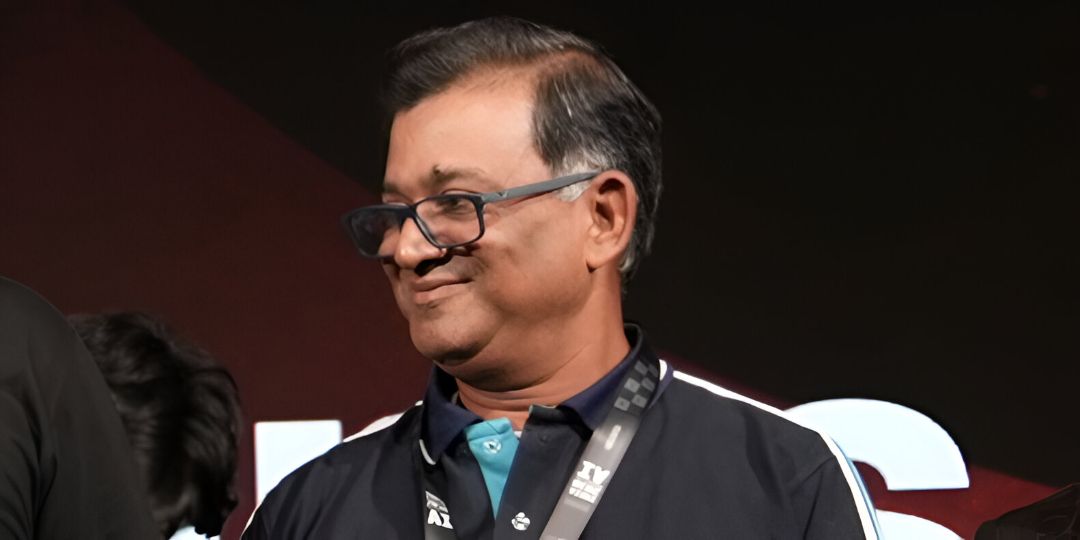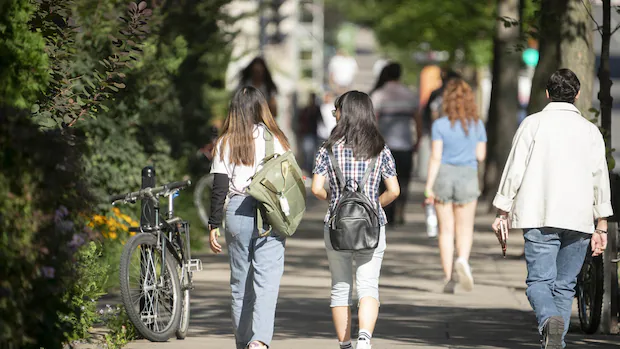Copyright yourstory

India's health gap is not a problem of devices or chatbots. It's a problem of continuity—the mundane, stubborn work of making care reachable, reliable and trusted in places where primary health infrastructure is effectively absent. That was the blunt case Priyadarshi Mohapatra, Founder and CEO of CureBay, laid out at YourStory's TechSparks Bengaluru 2025: telemedicine alone amplifies anxiety, while meaningful rural care needs a full stack that closes the loop from screening to treatment. Mohapatra framed the challenge with a simple contrast. "On one side, we have absolutely world-class healthcare infrastructure," he said. Urban consumers now demand service "in 10 minutes." Meanwhile, 70% of rural primary health centres don't have doctors. "You will be lucky to even find a paramedic," he noted. The technology that has reached rural India so far—telemedicine—doesn't solve the problem, Mohapatra argued. It often makes it worse. "Imagine a scenario where you're speaking to a doctor who says, 'looks like you got to get this test done, you got to have this medication, there's a serious health condition,' and post that consultation you don't know what (to do next)," he explained. "You're actually creating more fear than solving for anything." That insight shaped CureBay's deliberately hybrid model. The company builds local clinics in remote areas staffed by nurses and pharmacists, backed by AI-powered screening tools. "We created a model where we created clinics, physical clinics, in the remotest parts of the country where there were nurses and pharmacists physically present, and they were backed by some of the most cutting-edge technologies that we created," Mohapatra explained. CureBay mixes local outreach with remote medicine: trained community health workers proactively screen people in villages, escort them to nearby clinics, collect samples when needed, and help schedule appointments. Cases flagged by AI or the frontline team are reviewed by remote doctors and diagnostics; treatment plans are then delivered locally, and follow-ups are tracked on the platform. That on-the-ground support, Mohapatra says, turns a single screening into a continuous care pathway — reducing fear, cutting down on no-shows and boosting the chances patients complete treatment. "Unlike you and me, they are not privileged," Mohapatra noted. "If we fall sick, our peer group, our friends, will tell us to take a day off and go to the doctor. When they fall sick, they debate, it's one day's loss of income. Should I trade off on that income or not?" That hybrid setup also changes what AI realistically needs to do in rural contexts. Mohapatra and other panellists pushed back against two fashionable myths: that large language models can substitute for clinicians, and that off-the-shelf AI trained on synthetic or Western datasets will generalise to India’s populations. For CureBay, AI had to be mission-critical: assist screening where no doctor exists, but never replace clinical judgment. The company invested in consented, high-quality data capture compliant with international privacy norms so models would be trained on usable, representative local data rather than synthetic proxies — a strategic edge when many global models remain biased toward white, western cohorts. Concrete use cases underline the point. Mohapatra described using simple smartphone photographs triaged by AI and reviewed by dermatologists to detect a coastal-belt skin condition that might otherwise go untreated. The tech identifies and routes cases; the local clinic treats them. “Technology can create engagement… but it can’t solve for it,” he said, adding that the on-the-ground worker and clinic are the ones who finish the job. (Edited by Jyoti Narayan)



